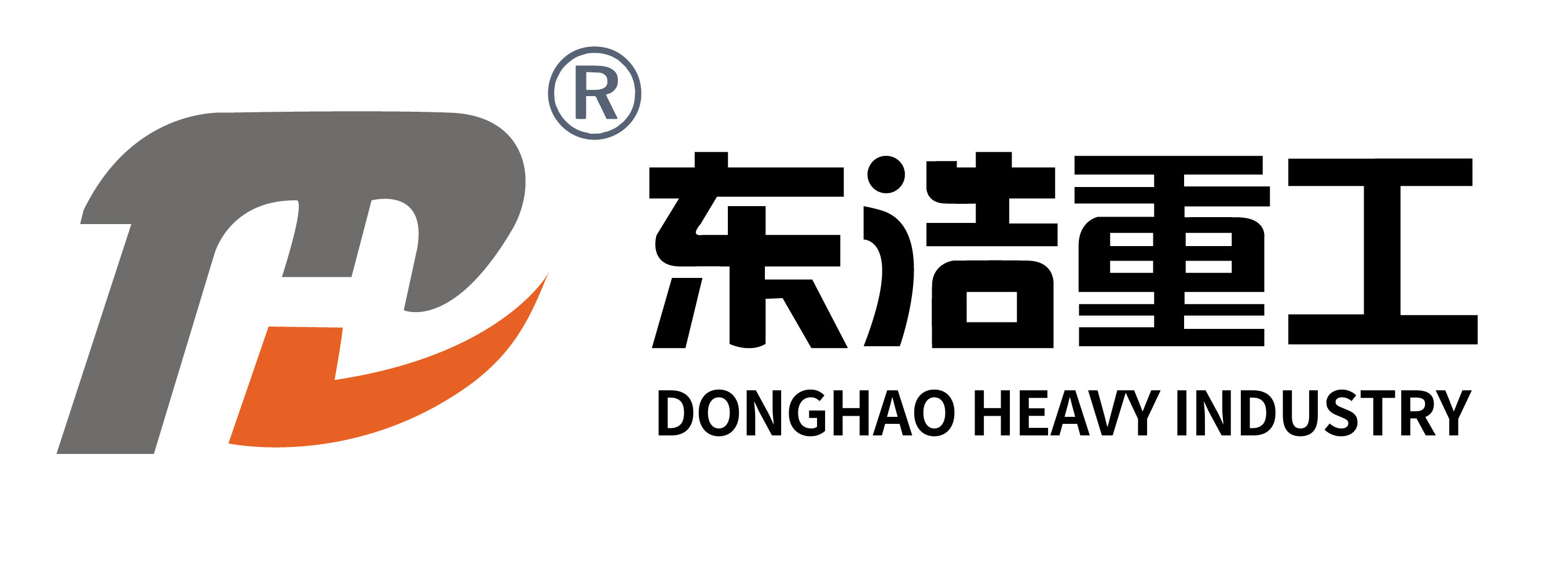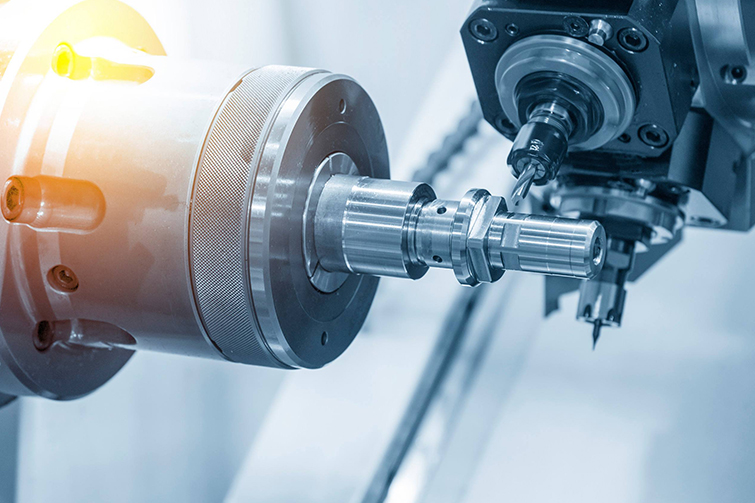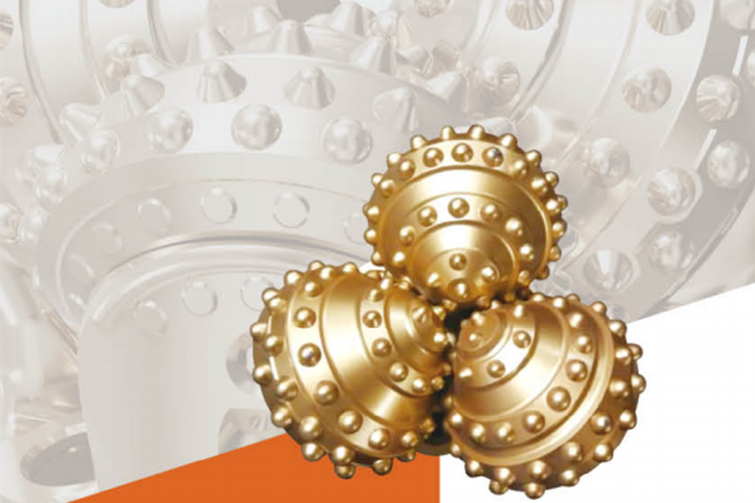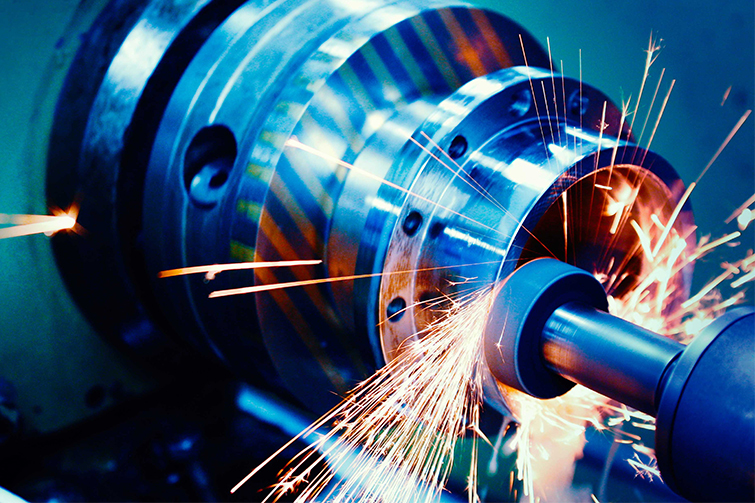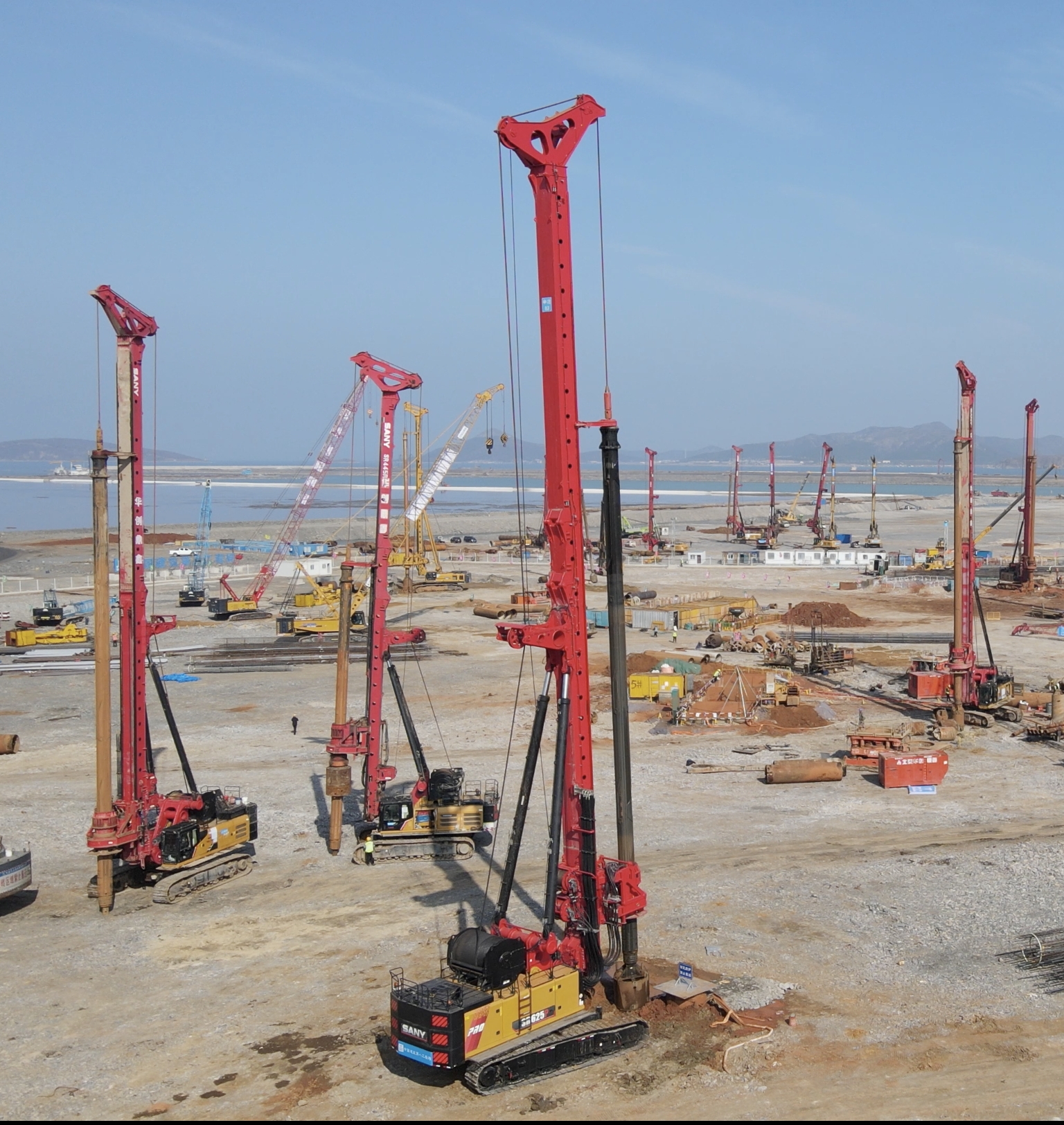

Understanding Pipe Reamers and Borehole Expanders: A Technical Overview

Introduction to Pipe Reamers and Borehole Expanders
Pipe reamers and borehole expanders are critical tools in the drilling and pipeline sectors. They are designed to enlarge holes or pipes to a specific diameter, ensuring smooth operations in various industrial applications.
Types of Pipe Reamers
There are several types of pipe reamers, including fixed-diameter reamers, adjustable reamers, and tapered reamers. Each type serves a unique purpose, from standard hole enlargement to specialized tasks requiring precise diameter adjustments.
Types of Borehole Expanders
Borehole expanders come in various forms, such as mechanical expanders, hydraulic expanders, and explosive expanders. These tools are selected based on the project requirements, including the material of the borehole and the desired expansion ratio.
Applications in Industry
These tools are widely used in oil and gas exploration, water well drilling, and construction projects. Their ability to precisely enlarge holes or pipes makes them indispensable in ensuring the integrity and efficiency of drilling operations.
Selection Criteria
Choosing the right tool depends on several factors, including the material to be reamed or expanded, the required diameter, and the specific conditions of the project. Professionals must consider these aspects to achieve optimal results.
Maintenance and Safety
Regular maintenance is crucial to prolong the lifespan of these tools. Additionally, operators must adhere to safety protocols to prevent accidents during their use.
Frequently Asked Questions
What is the difference between a pipe reamer and a borehole expander?
A pipe reamer is typically used to smooth or slightly enlarge the interior of a pipe, while a borehole expander is designed to significantly increase the diameter of a borehole.
How do I choose the right type of reamer or expander for my project?
The choice depends on the material, the desired diameter, and the specific requirements of your project. Consulting with a professional can help you make an informed decision.
Are there any safety precautions I should take when using these tools?
Yes, always wear appropriate protective gear, follow the manufacturer's instructions, and ensure the tool is in good condition before use.
